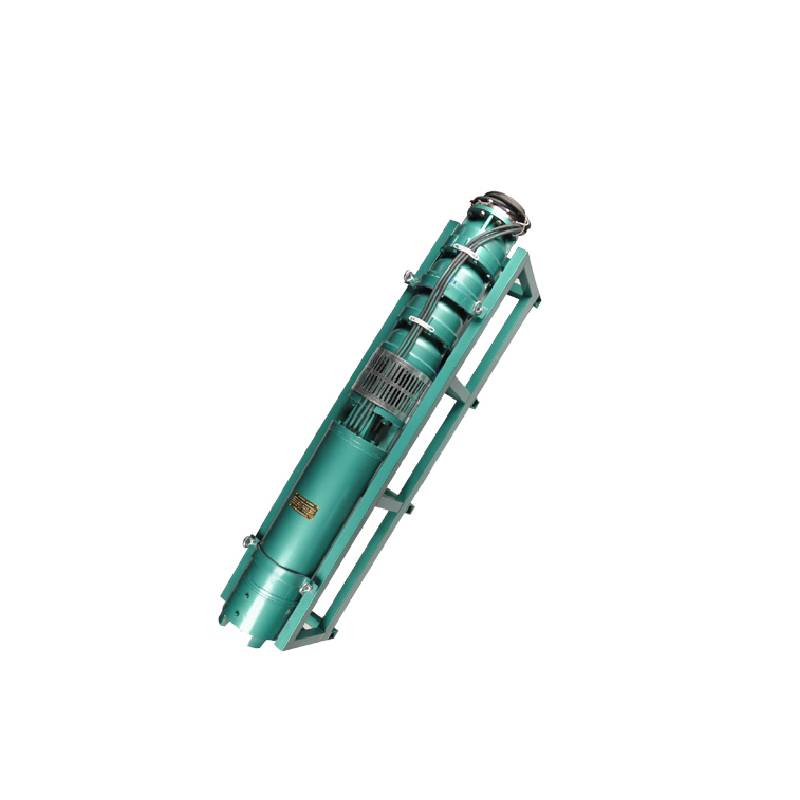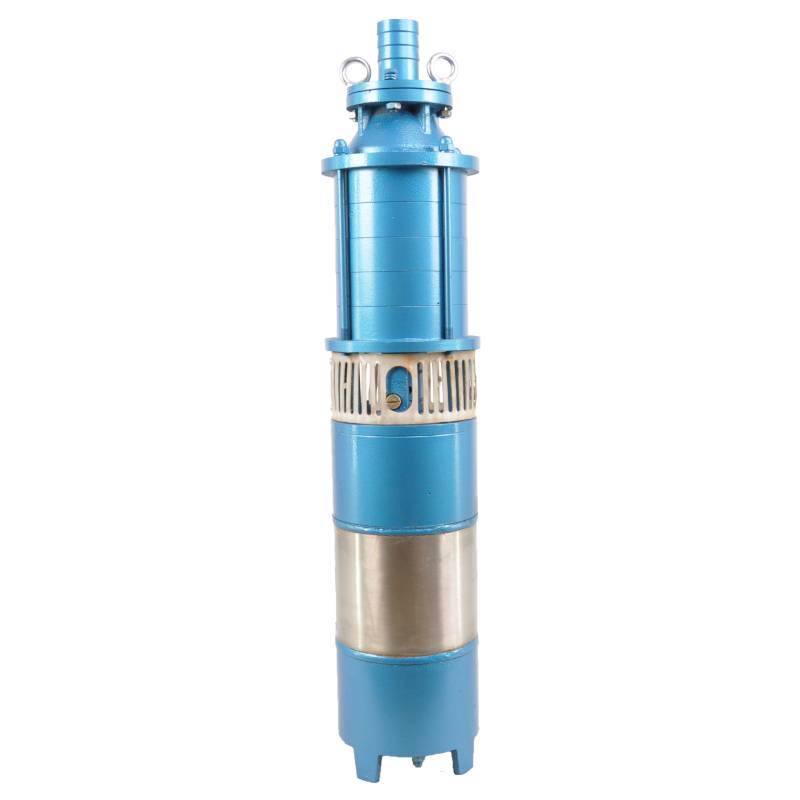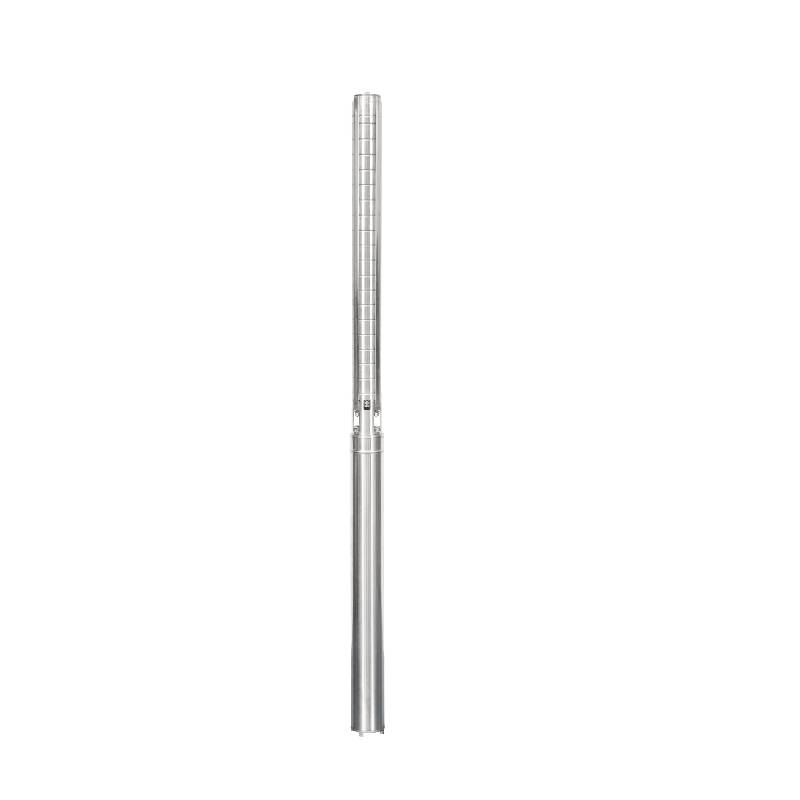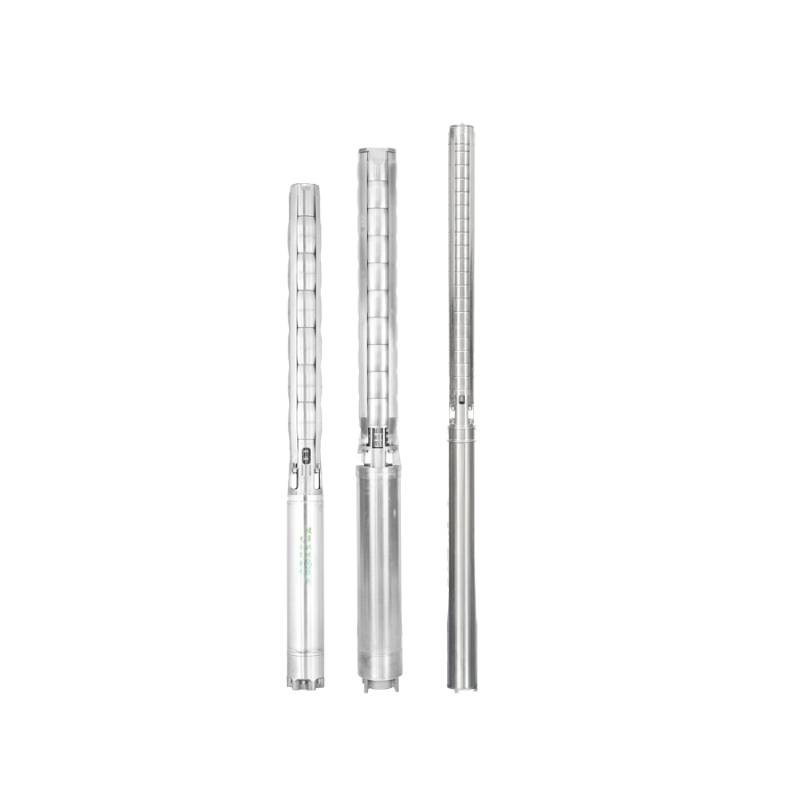ធ្នូ . 26, 2024 02:57 Back to list
Deep Well Sump Pump Solutions for Efficient Water Management and Removal
Deep Well Sump Pumps An In-Depth Look
Deep well sump pumps are vital components in various industrial and residential applications, particularly in areas prone to flooding or where groundwater levels pose a problem. These specialized pumps are designed to remove accumulated water from deep wells, basements, and other confined spaces, ensuring that areas remain safe, dry, and functional. In this article, we will explore the workings, types, applications, and maintenance of deep well sump pumps.
Understanding the Deep Well Sump Pump
A deep well sump pump is a mechanical device that operates by drawing water from a well or sump basin, typically located below ground level. The pump consists of several components, including a motor, impeller, and housing. When activated, the motor powers the impeller, which moves water through the housing and out through a discharge pipe. The primary goal is to prevent water accumulation that can cause structural damage, mold growth, or electrical hazards.
These pumps are especially crucial in areas with high water tables, as they help manage excess water and maintain a dry environment. They can be used in residential settings, such as basements, as well as in industrial applications, such as construction sites and agricultural fields.
Types of Deep Well Sump Pumps
There are two primary types of deep well sump pumps submersible pumps and pedestal pumps.
1. Submersible Pumps As the name suggests, submersible pumps are designed to be submerged in water. These pumps have a sealed motor that is protected from water damage. They offer excellent efficiency and are particularly suitable for deep wells, where long vertical lifts are required. Submersible pumps can handle large volumes of water and are often used in applications where flooding may occur.
2. Pedestal Pumps Pedestal pumps are installed above the water level, with a long shaft extending down to the impeller submerged in the water. The motor is mounted above ground to prevent damage from water exposure. While pedestal pumps are typically less expensive and easier to maintain, they are not as efficient as submersible pumps in deep well applications.
Applications of Deep Well Sump Pumps
Deep well sump pumps find application in numerous settings. Residential properties often experience issues with flooding in basements, particularly during heavy rain or snow melt. Installing a deep well sump pump can prevent extensive water damage and protect valuable belongings. Commercial buildings and industrial sites also rely on sump pumps to manage water intrusion, maintaining safe working conditions and preventing disruptions to operations.
deep well sump pump

In agriculture, deep well sump pumps are essential for irrigating crops and managing excess groundwater. They ensure that fields remain adequately drained, promoting healthy plant growth and preventing soil erosion caused by standing water.
Maintenance Tips for Deep Well Sump Pumps
To ensure optimal performance and prolong the lifespan of a deep well sump pump, regular maintenance is essential. Here are some key maintenance tips
1. Routine Inspection Periodically check the pump for any signs of wear or damage. This includes inspecting electrical connections, hoses, and the motor.
2. Cleaning Remove any debris or sediment that may accumulate around the pump. Clogged intake screens can reduce efficiency and lead to pump failure.
3. Testing Regularly test the pump to ensure it is functioning correctly. You can do this by pouring a bucket of water into the sump pit or basin and confirming that the pump activates and drains the water effectively.
4. Check the Float Switch The float switch is a crucial component that activates the pump. Ensure it moves freely and does not get stuck in one position, as this can prevent the pump from turning on or off as needed.
5. Winterization In freezing climates, it’s vital to winterize your sump pump to prevent damage. Ensure that the pump is properly drained and that any exposed pipes are insulated.
Conclusion
Deep well sump pumps play an essential role in managing water levels in various settings, from residential basements to agricultural fields. Understanding how these pumps function, their types, applications, and maintenance needs can help property owners and businesses effectively utilize this technology to prevent water damage and maintain a safe environment. Whether you’re dealing with minor water accumulation or significant flooding, investing in a reliable deep well sump pump is a wise decision that can save time, money, and stress in the long run.
-
submersible-sump-pump-auto-drainage-for-crawlspaces
NewsAug.22,2025
-
solar-powered-stainless-steel-submersible-well-pump-setup
NewsAug.22,2025
-
stainless-steel-well-pump-flow-rate-optimization
NewsAug.22,2025
-
water-filled-submersible-pump-fish-farm-oxygenation
NewsAug.22,2025
-
submersible-pump-in-aquaculture-and-fish-farming
NewsAug.22,2025
-
deep-well-submersible-pump-for-drought-areas
NewsAug.22,2025
-
 submersible-sump-pump-auto-drainage-for-crawlspacesCrawlspaces, those narrow areas beneath homes, are prone to water accumulation due to leaks, groundwDetail
submersible-sump-pump-auto-drainage-for-crawlspacesCrawlspaces, those narrow areas beneath homes, are prone to water accumulation due to leaks, groundwDetail -
 solar-powered-stainless-steel-submersible-well-pump-setupHarnessing solar energy to power stainless steel submersible well pumps is a sustainable and coDetail
solar-powered-stainless-steel-submersible-well-pump-setupHarnessing solar energy to power stainless steel submersible well pumps is a sustainable and coDetail -
 stainless-steel-well-pump-flow-rate-optimizationIn various applications like agriculture, domestic water supply, and industrial use, the flow rate oDetail
stainless-steel-well-pump-flow-rate-optimizationIn various applications like agriculture, domestic water supply, and industrial use, the flow rate oDetail
